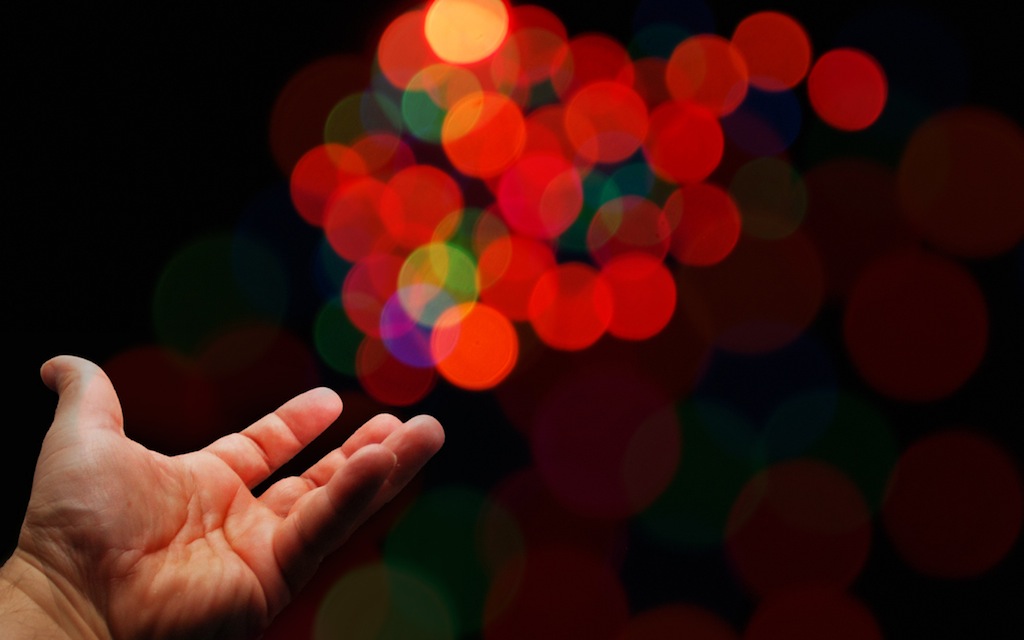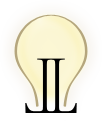We all need inspiration to lift us towards our goals, to make our endeavors fruitful and to bring our creative energies into sharp focus. However, inspiration often feels in short supply when we are overwhelmed by the exigencies of life. Discovering how to access this vital energy is possible, regardless of the daily demands we each face.

Photo by James Jordan
Origins
The word inspiration comes from the Latin verb inspirare, which means to breathe or blow into: the original concept was of a divine power whispering to us. The Greek Muses, nine goddesses that inspired art, literature and science, were said to influence and even possess devotees of their particular craft.
This idea of inspiration as a breathing into of creative energy is seen also in the Welsh word Awen which means inspiration. Like inspirare, the root word means to blow. In Welsh awenydd describes an inspired person like a poet, a musician, even a prophet. Inspiration is considered a valuable quality and the word awen is given a place of honor in the Welsh national anthem.
Paths to Inspiration
How to come alive through inspiration? Begin with the simple things in your life.
Daily Activities
Slowing down to pay attention to the components of your daily life is key to activating inspiration. Take a moment to see, smell and appreciate your meals, and eat with mindfulness and enjoyment.
Make sure to have good sleep habits, since restful sleep not only restores you physically, but allows you to process ideas and experiences through your dreams—another marvelous source of inspiration.
Nature
Walking in a natural setting like a park, wild preserve, or waterfront is another potential source of inspiration. The myriad happenings in nature (birds singing, insects buzzing, wind whistling through trees, water lapping against the shore) anchor your awareness and make you more available to the advent of inspiration.
Strengthen your meditation practice by sitting in a natural environment, such as a quiet spot in your garden. In his book Catching the Big Fish, film director David Lynch speaks of the profound influence his meditative practice has had on his ability to be inspired.

Photo by Mitchell Joyce
Poetry, Film, Literature
Current research has discovered that our brains aren’t very good at distinguishing between what we actually experience and what we imagine. This fact is helpful when it comes to activating inspiration because we can use any number of imaginative paths.
Poems, stories and movies are time-honored ways to become inspired. Authors, poets, actors, directors, and cinematographers all endeavor to bring their unique vision to you. That vision can trigger your own inspirational process. Keep at hand the works that have caused you to think in new and different ways, and constantly seek out new books, movies, and other literary works of art.
Music and Art
Deeply moving art and captivating music are wonderful avenues for inspiration. Scientific research tells us that music has many benefits: it is an effective therapy for pain, reduces blood pressure, improves memory, increases immunity, improves productivity, and aids in relaxation. Listening to your favorite music can jump start your inspiration. Fill your iPod!
Art has had the time honored role of a fountain head of inspiration. Art in this context includes everything: realistic and abstract, modern and historic, two-dimensional and three-dimensional, digital and textile, metalwork and woodwork, performance art and industrial design. Make a vision board: gather images of art that moves you and arrange it on a board. Display the board in a place where you can enjoy it daily. You may be surprised by how inspired you feel.

Photo by Sergiu Bacioiu
Photography
With the advent of smartphones, many of us have a camera at our fingertips. Taking pictures is a great way to get inspired. Take a photo of anything that catches your fancy. Experiment with various photo filters (e.g. Instagram, Hipstamatic). Send yourself a photo a day.
Automatic Writing
This is a technique that includes non dominant hand writing. In essence, you allow yourself to write whatever comes to mind. By not controlling the writing you create an opportunity for inspiration to enter your awareness. Simply begin by clearing your mind, then start to write on paper as quickly as you can. No real attention is to be paid in the moment to what you are writing, the idea is to just get a flow going. If you come to a halt, move down the page a bit and begin again.

Photo by Dave King
Once you have arrived at the end, or you feel you have completed the session, take a moment to bring yourself back to the present. You can gather these pages up and put them away for later review or you can read them immediately. Automatic writing can give you a burst of inspiration because the material is fresh and new to your conscious mind.
Final Thoughts
Some poets speak of inspiration as an energy that is alive in each of us but often remains asleep. Dedicate yourself to awakening your inspiration!
Can you taste what i am saying?
It is onions or potatoes, or a pinch of simple salt,
the wealth of melted butter,
it is obvious, it stays in the back of your throat
like a truth you never uttered
because the time was always wrong…Philip Levine, Poet Laureate
Further Reading
- Catching the Big Fish: Meditation, Consciousness, and Creativity by David Lynch
- The Power of Music: Pioneering Discoveries in the New Science of Song by Elena Mannes
- The Vision Board by Joyce A. Scwarz

